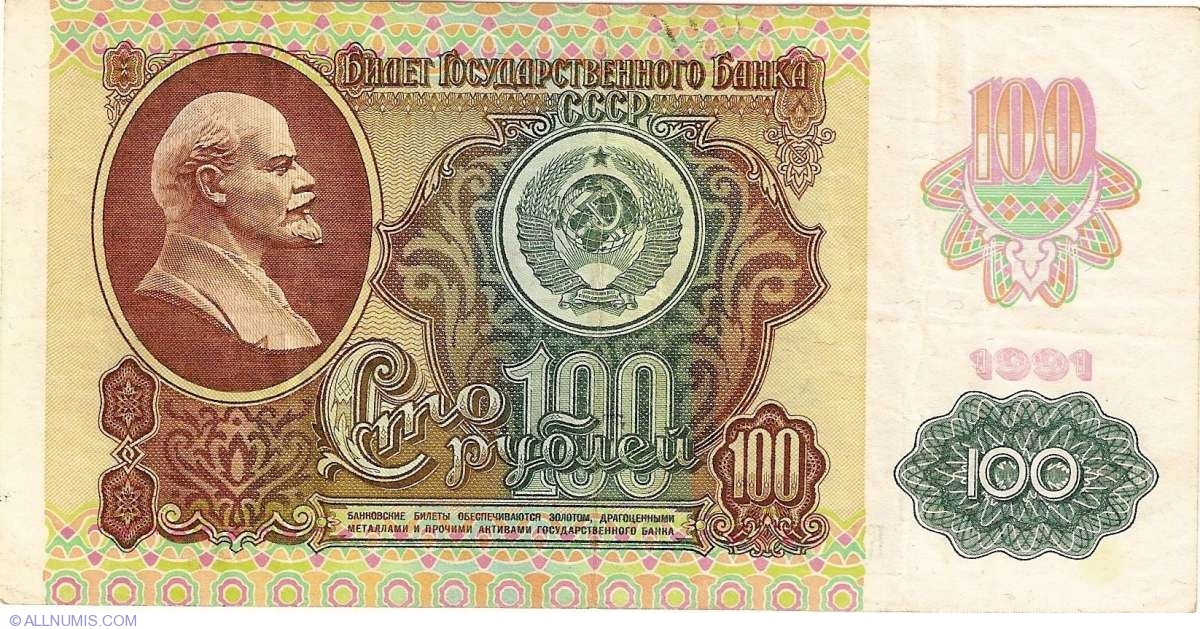
Nowadays we call such children prodigies. Despite the fact that he was the youngest, he was very talented. In 1927, Berl left for Leningrad too, but after his departure Leybe was born. I said ‘Boris,’ and that is how Boris became my name. But the first sergeant interrupted me: ‘What is your name, again? Say it in Russian.’ He ordered for me to say my ‘real’ Russian name. This is how my name was ‘changed:’ Before our departure for the training tank battalion, the first sergeant asked my first and last names in order to complete the muster roll. I became Boris much later in the reserve regiment #111. In 1925, Libe left for Leningrad, but I was born immediately after she left. And again father had to work hard to support seven children. My parents then had six children, but that did not last for long. In 1923, my oldest sister, Nekhama, moved to Petrograd. I was the first among our family members to receive the correct official certificate of birth (for June 24, 1925).īy 1922, my parents already had seven children: two daughters (Nekhama and Libe) and five sons (Berl, Haim, Shimen, Ele, Isaak). Then, when it came time for my siblings to leave home, they obtained their certificates of birth according to their appearance and with the help of witnesses. My parents also connected the dates of their children’s births with different holidays, events, circumstances, or seasons. Rather, my parents just remembered that they got married in the winter, sometime before Chanukkah and the Russo-Japanese War of 1905. At that time there were no official wedding records. Their wedding took place in a synagogue (with a chuppah, etc.) according to all of the Jewish rules. Shadkhan arranged her marriage, bringing her from Drissa for my father. She was born in 1879 in the settlement Drissa, which is situated on the Zapadnaya Dvina River (Vitebsk province, Belarus). My Mum’s name was Hane-Seyne (many of us had two names). We probably only remembered it once we were living in the ghetto. I saw the invitation at home everybody forgot about it. When they settled in New York, they sent special invitations for Menye’s brothers to join them in America. They also had a younger sister named Menye. My father had had two elder brothers named Zalman and Isaya. My father’s name was Yosef, and my grandfather’s name was Shimen-Dovid. My father, his father, and his grandfather were born in Ushachi. And it was in Polotsk where local citizens aided in Napoleon’s defeat. One can still find a small, one-storied house, where the Russian tsar Peter the Great lived for some time. It did not take the citizens much time to reach a lake or a wood – the settlements were surrounded by nature.
Boris red rubles full#
It was a unique beautiful territory of lakes and woods full of fish and animals - gifts of nature. In fact, the settlement was founded in the 17th century on the banks of the Ushacha River.

It is also home to the picturesque Ushacha River, which is 70 kilometers long. The city is situated on the bank of the Dvina River. There is a saying that goes: ‘we all come from childhood.’ However, I like to be more specific: I come from the Jewish shtetl Ushachi in the Vitebsk province (now it is in Vitebsk region on the territory of Belarus - 40 kilometers far from the city of Polotsk). It was a real pleasure to listen to his recollections and we are lucky that Boris Yosefovich shared his memories with us. Moreover, his friendliness and humor make his life story even more impactful. He has a good memory and is an excellent storyteller. He recently celebrated his 81st birthday and continues to lead an active life. Boris Yosefovich is a talkative, energetic andĪ cheerful person despite his suffering during the siege of Leningrad and the Great Patriotic War, as well as since the death of his son. He and his wife Faina Vladimirovna are very hospitable hosts. I met Boris Yosefovich in his 5th floor apartment.


 0 kommentar(er)
0 kommentar(er)
